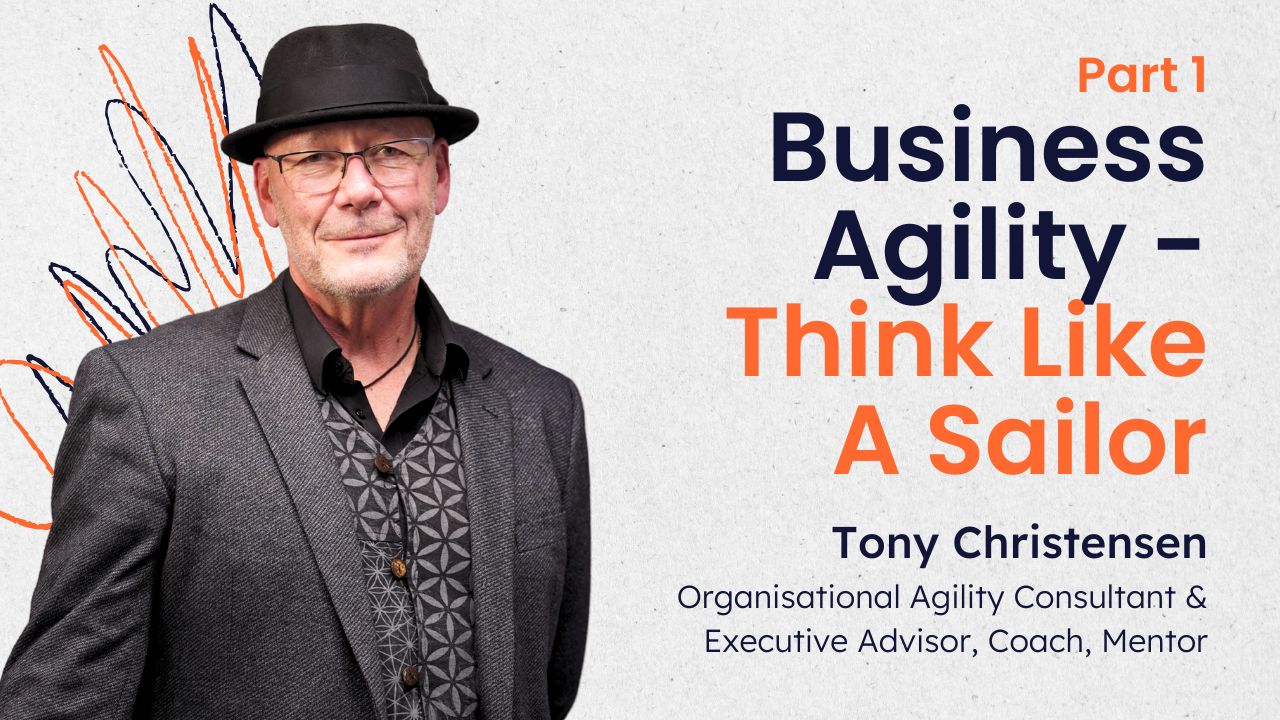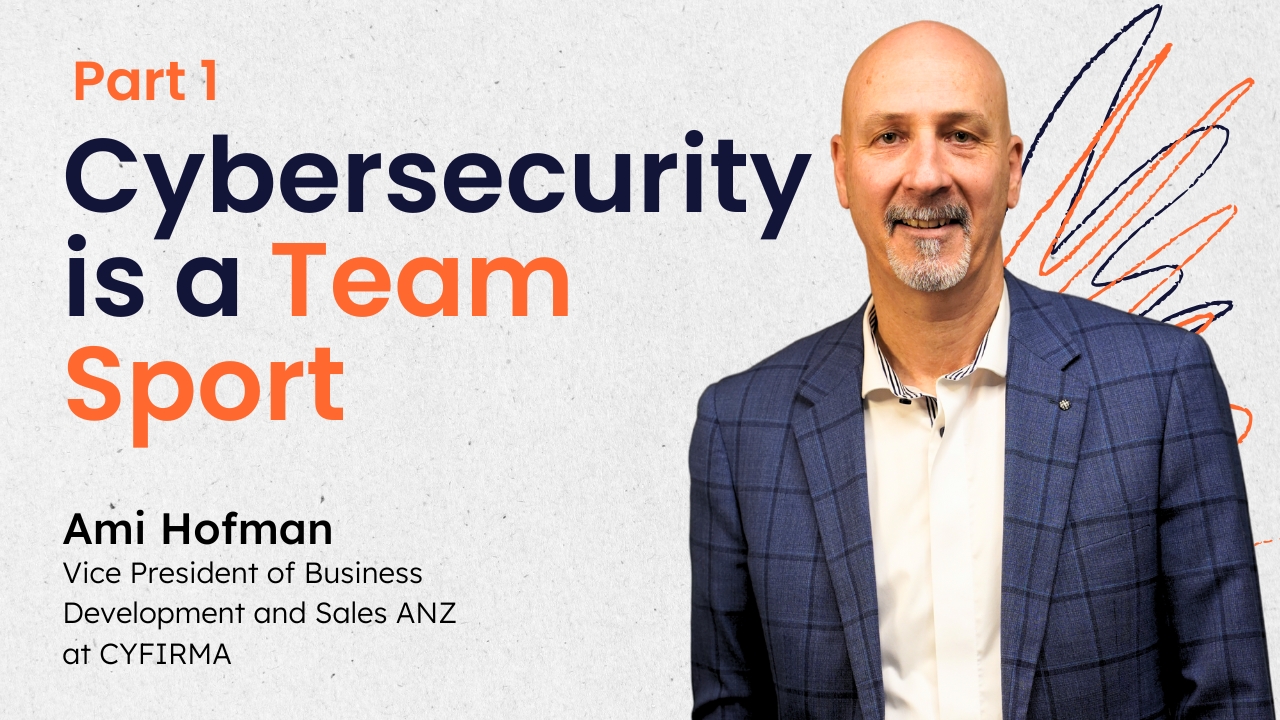7 interview blunders you should stay away from

A job interview, ifdone effectively, enables both you and your potential employer to determine ifyou’re a good match for the position. Being a good match fora company goes beyond just having the right skills and experience for the job. Cultural fit, which relates to your personality, values, and work style aligning with the company's culture, is also what the employers are looking for. To leave a positiveimpression and boost your chances of success, steer clear of these 7 interviewblunders:
Arriving late orunprepared
Punctuality demonstrates your respect for the interviewer's time.To avoid being late, plan your route to the interview location in advance,consider traffic conditions, and aim to arrive 10-15 minutes early. Beingunprepared means not knowing details about the company, the role, or how yourskills align with the job. You should thoroughly research the company, reviewthe job description, and prepare answers to common interview questions.
Speaking negativelyabout past employers or colleagues
Criticising past employers or coworkers canreflect poorly on your professionalism and attitude. Even if you had negativeexperiences in the past, focus on what you learned and how you grew from thoseexperiences. Emphasise your ability to handle challenges and maintain apositive attitude.
Overconfidence orarrogance
Confidence is an asset in an interview, but overconfidence orarrogance can be off-putting to interviewers. Instead of coming across asall-knowing, acknowledge your strengths while showing a willingness to learnand adapt. Highlight your accomplishments and skills with humility.
Lack of enthusiasm orinterest
Employers want to hire candidates who are genuinely excited about thejob and the company. Express your enthusiasm by researching the companythoroughly, understanding its mission and values, and conveying how you alignwith them. Maintain good eye contact, smile, and engage with the interviewer toshow your interest.
Rambling or notanswering the question
When answering questions, stay concise and focused.Address the interviewer's question directly and provide relevant examples fromyour experience. Rambling or providing unrelated information can make you seemunfocused or unsure of your qualifications.
Not asking questions
An interview is a two-way conversation. Failing to ask questions can make youappear disinterested or unprepared. Prepare thoughtful questions in advanceabout the company's culture, team dynamics, expectations for the role, and opportunitiesfor growth. This demonstrates your genuine interest and curiosity about theposition.
Failing to follow up
After the interview, it's essential to send a thank-you email within 24 hoursto express appreciation for the opportunity and reaffirm your interest in theposition. This follow-up not only shows gratitude but also keeps you on the interviewer'sradar and allows you to address any additional points you may have missedduring the interview.
Emmbr blog posts


Contact us to start building your dream team
Are you thinking of expanding your team? There’s no better time than now to explore our extensive offering of talent solutions.



